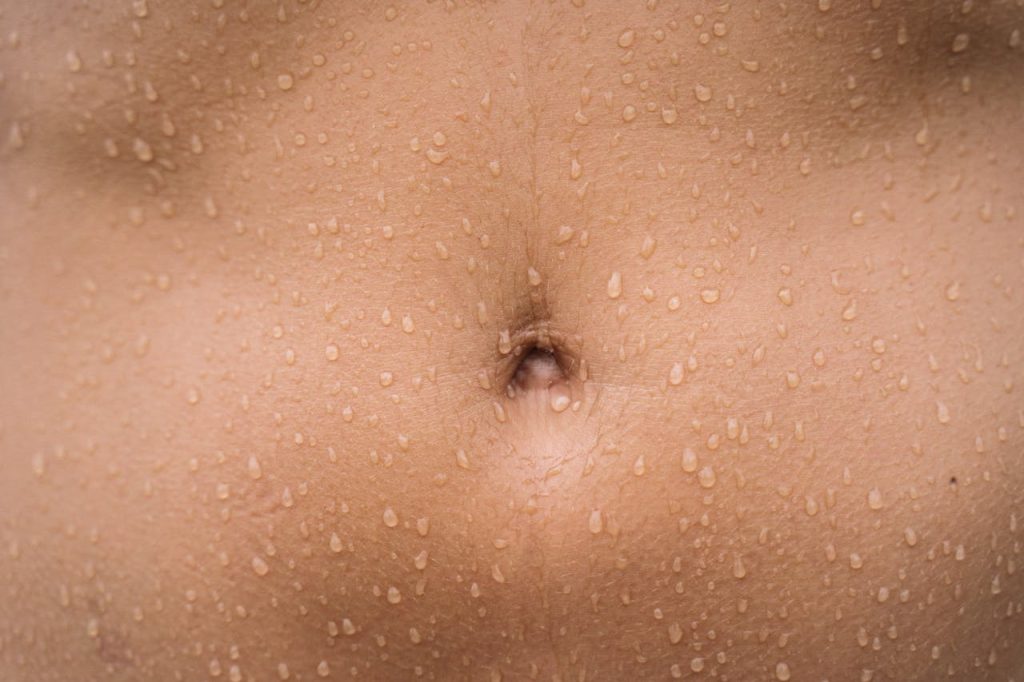The belly button, often overlooked in our hygiene routines, is actually a breeding ground for bacteria and potential odor. Despite its diminutive size, this tiny crevice can cause big issues if not properly cared for. Let’s look at the causes behind belly button odor and how to combat it effectively.

Understanding Belly Button Odor
Belly buttons, in all their varying shapes and sizes, can become a breeding ground for sweat, dead skin, and dirt. Without proper cleansing, bacteria thrive in this warm, moist environment, potentially leading to an unpleasant smell. Good hygiene practices are necessary to prevent this common issue.
Candida: The Fungal Culprit
Candida, a yeast naturally present on the skin, can proliferate in warm, moist areas, causing fungal infections. Known for wreaking havoc in various body parts, including the armpits and groin, candida can also affect the belly button. Treatment involves antifungal medications and lifestyle adjustments to keep the area clean and dry.
Cyst Complications
Infected cysts beneath the skin’s surface can also contribute to belly button odor. Though typically painless, infected cysts manifest with redness, inflammation, and sometimes pus, emitting an unpleasant smell. Seeking medical attention is important to address this issue effectively.

Identifying the Scent
Belly button odor can vary depending on its cause. Sweat and trapped dead skin may produce a sweaty smell, while fungal infections often emit a foul odor, particularly when accompanied by pus.
When to Seek Medical Advice
Signs of infection, such as redness, swelling, and discharge, warrant a visit to the doctor. Bursting cysts or neglecting infected piercings can exacerbate the problem, highlighting the importance of professional intervention.
Effective Treatments
Regular cleaning with warm water and mild soap is paramount for preventing odor. Additionally, maintaining proper hygiene habits, such as showering regularly and drying thoroughly, can stave off bacterial growth.
Risk Factors and Precautions
Individuals with diabetes, recent belly button piercings, or those who are overweight may be at higher risk of developing belly button odor. Piercing infections, in particular, require careful attention and may necessitate professional care.

Banishing belly button odor begins with simple yet consistent hygiene practices. By understanding the causes and implementing effective treatments, we can bid farewell to unpleasant scents and embrace a cleaner, healthier belly button.





